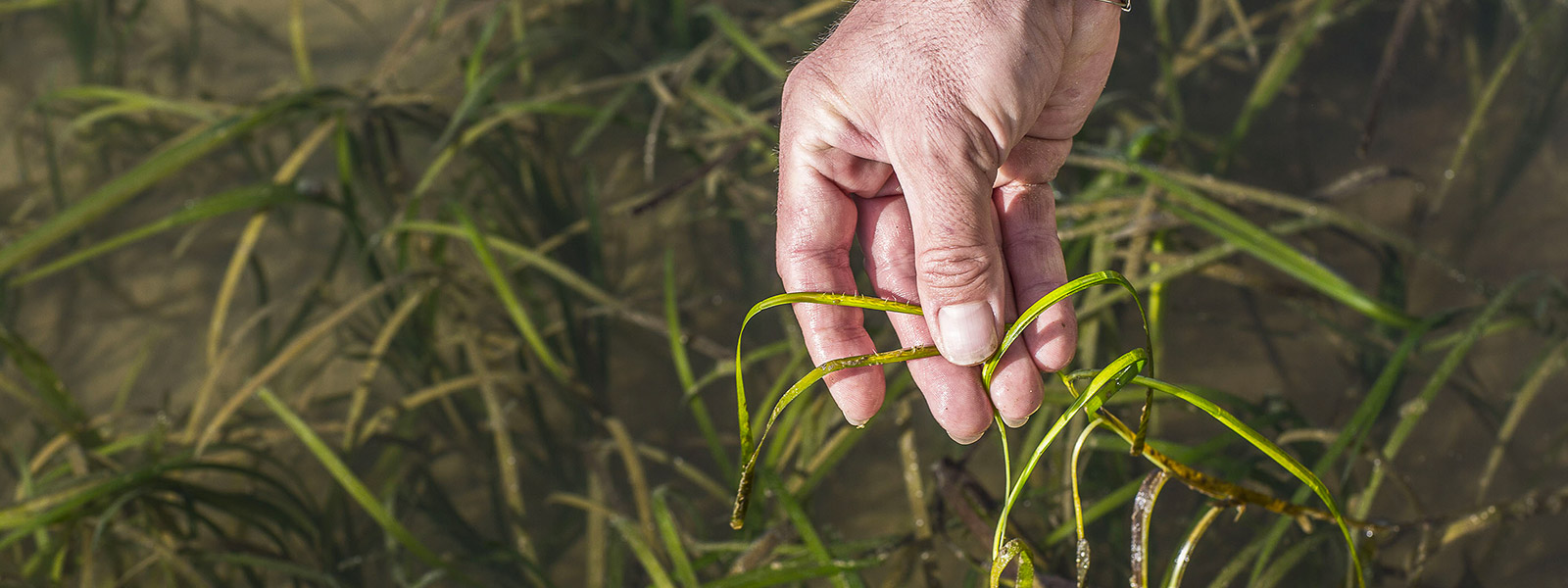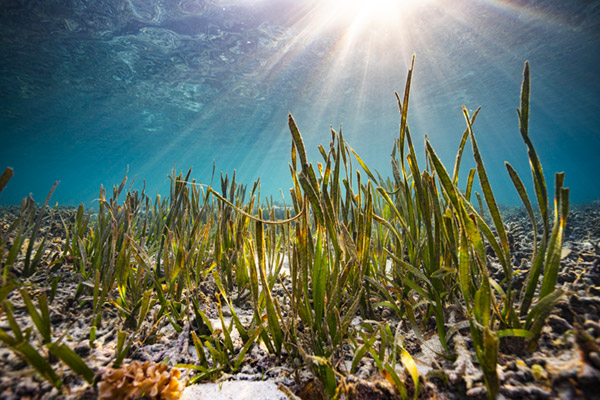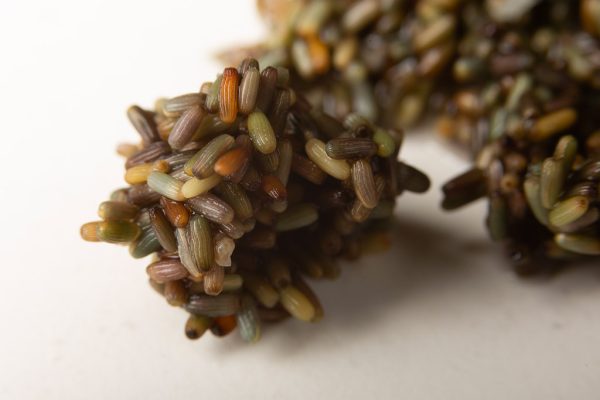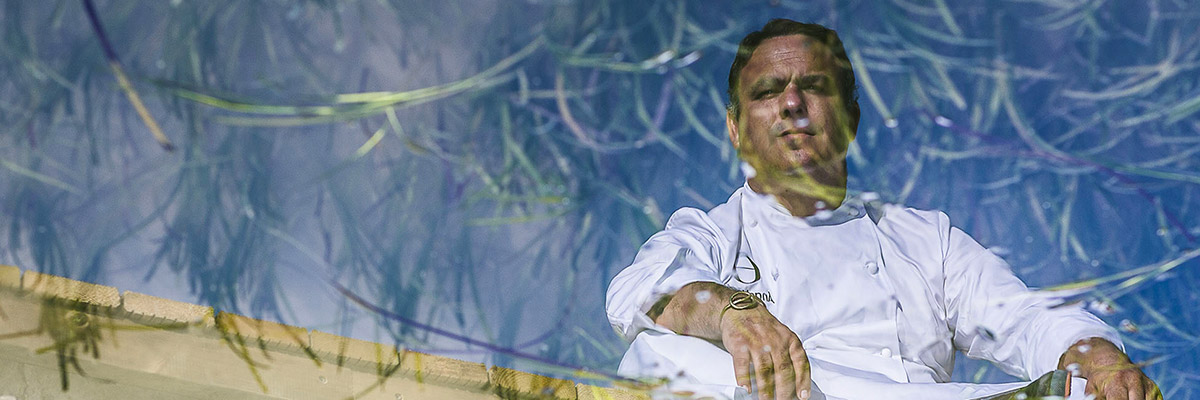
The future of food has its secret pantry in the sea.
An innovative project from the environmental, scientific, and gastronomic point of view, in collaboration with the world-famous chef Ángel León.


The future of food has its secret pantry in the sea.
An innovative project from the environmental, scientific, and gastronomic point of view, in collaboration with the world-famous chef Ángel León.

Climate change, high pollution and intensive fishing activities are only few of the factors that are currently threatening marine ecosystems, causing critical fragilities in the wildlife living in our seas and forcing the migration, if not the extinction of hundreds of species. The sea has always been a source of life, but our dangerous management of its resources has an impact both on the environment and on our food intake. Food waste of marine ingredients is at its worst: we use approximately 20% of sea food and throw 80% of it in the trash. If this happens in a world where malnutrition and the inaccessibility to qualitative food affect millions of people, change is more than urgent, and it needs to address the protection of the environment, food habits, and food distribution all at once.

With “Cereals of the sea” we want to support the farming of the Marine Zostera, the “sea cereal” that Ángel León and his team are growing in the Cadìz Bay, in Spain. This plant is extremely beneficial for the marine ecosystem because it enriches its biodiversity and it contributes to the mitigation of climate change at the same time, by absorbing and storing large quantities of carbon. From Zostera’s seeds we can create a highly nutritious superfood that looks like a terrestrial cereal, which means an exciting and very necessary opportunity for the future. We actively support the research and development personnel of this project, and we create awareness and fundraising campaigns to expand it in several European areas, as it is currently active in Spain only.

In 2017, the restaurant Aponiente started a unique global project that kickstarted the growth of the “Marine Zostera”, an indigenous species that’s currently being farmed in an underwater garden on 3.000 m2, in the Cadìz Bay. The scientific committee of UNO’s Department of Fishing and Aquaculture expressed its great interest in this initiative, as the presence of Zostera helps and enriches the marine biodiversity: the areas where this plant grows are the richest of the ocean as several species in the marine fauna and flora depend on its presence to survive. The farming of Zostera along the coasts are also a good ally against climate change, because the plant can absorb and store great quantities of carbon in its sediment, other than protecting the coasts from erosion.
That’s not all. The true treasure hidden inside the Marine Zostera lies in its seed: Ángel León called it with evocative, yet rather telling names such as “marine cereal” or “sea wheat”. It can be either directly consumer, or transformed into flour and related products, such as bread and pasta. It’s a highly nutritional food: gluten free, rich with Omega 6 and 9, it has higher and better-quality proteins than the average terrestrial cereals (13%), carbohydrates (82%, of which about 50% are starch) and less than 2% of (vegetable) fats compared to rice, wheat, oats, corn, and barley. A superfood in disguise, which can become a fundamental resource to fight world hunger and malnutrition, if adequately perfectioned.
Growing Marine Zostera is also entirely sustainable: this is a perennial plant that doesn’t require new farming every year and it is very low maintenance despite its high productivity. Neither fertilizers, nor pesticides of any sort are ever needed for its growth. It is a strategic economic resource for several vulnerable areas all over the world.
Given that 71% of our planet is made of water, 97,5% of which is salty, this marine cereal paves the way to an extremely innovative way of farming that needs to be implemented at large scale to guarantee the production of a surprisingly qualitative, highly nutritious, eco-friendly food of the future.
We promote environmental and social advancements through sustainable innovation that creates shared value.
We develop a new, farsighted campaign to protect the marine environment and the coastlines.Now the Guardians of the Sea are also on board!